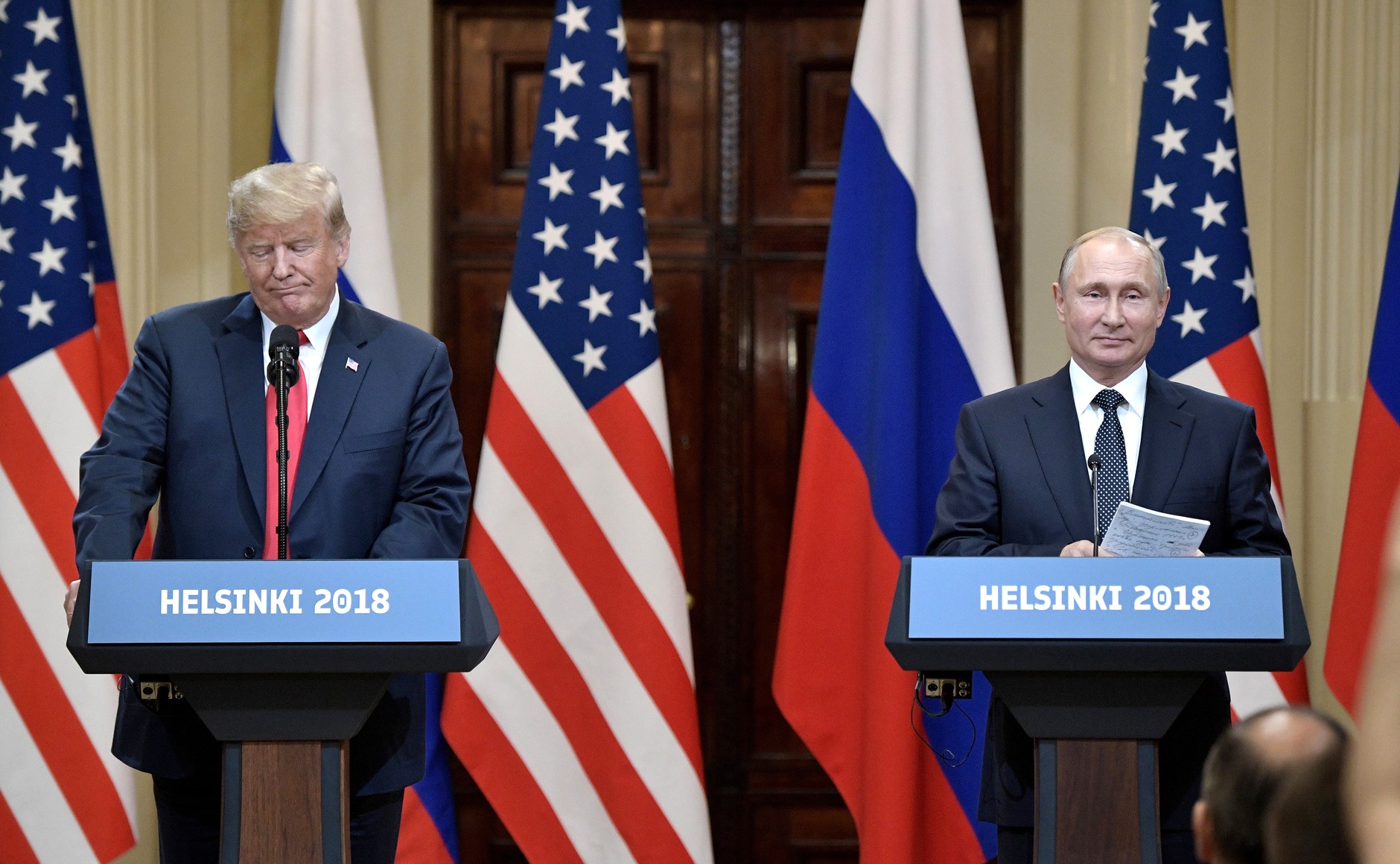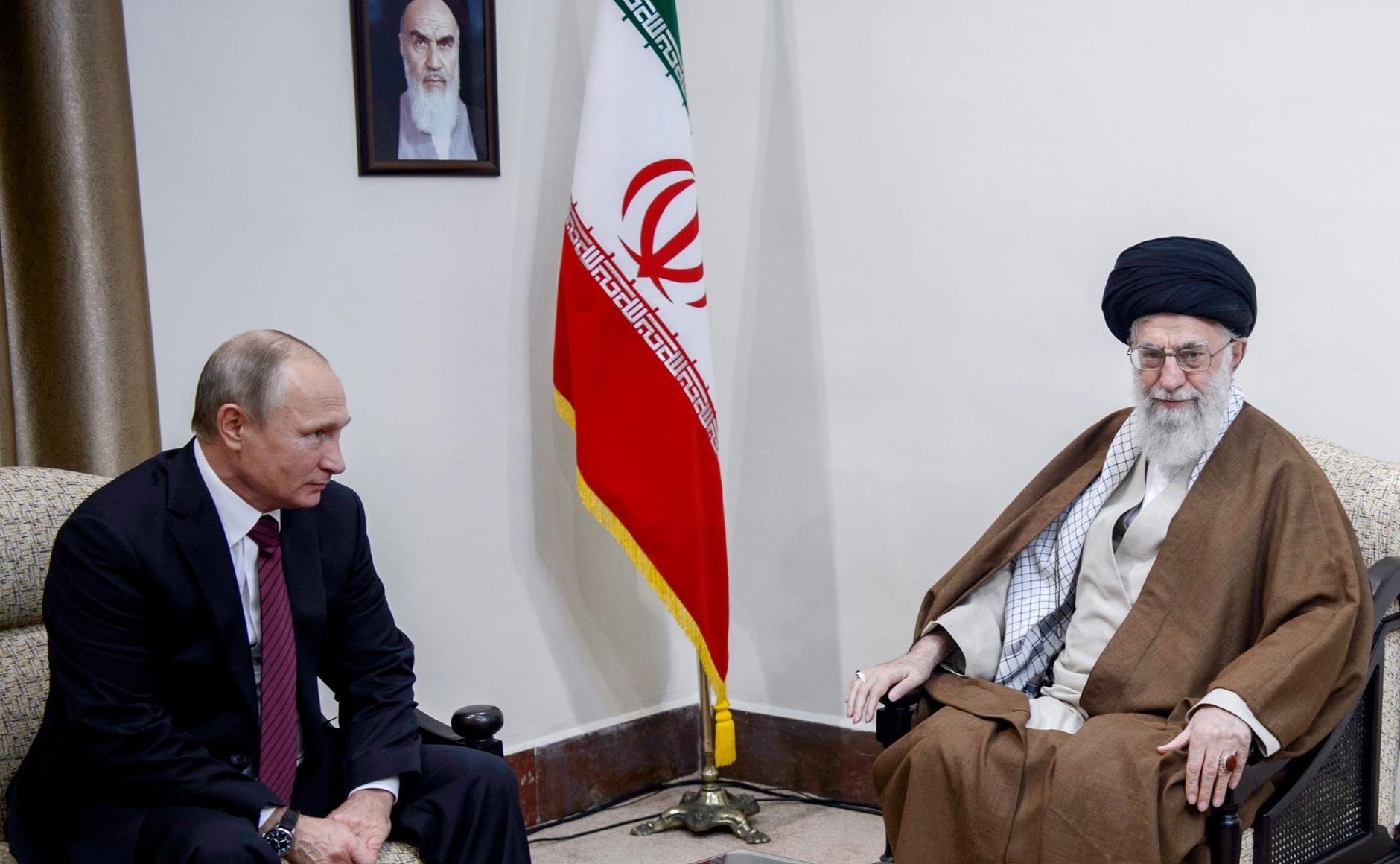
Moscow Sticks to Peace Denials Despite War Exhaustion
Moscow Sticks to Peace Denials Despite War Exhaustion
Executive Summary:
- The Russian offensive in Donbas has stalled, creating a deadlock with heavy casualties. The Kremlin remains committed to Ukraine’s capitulation, ignoring the heavy casualties in its stalled Donbas offensive, dismissing ceasefire discussions, and disregarding public support for peace.
- Russian President Vladimir Putin seeks a conditions-free meeting with incoming U.S. President Donald Trump to appear strong despite setbacks and U.S. incentives for a pause. However, this overconfidence risks misjudging Trump’s significant leverage in negotiations.
- The United States has multiple pressure points it could use against Russia, including stricter sanctions on oil exports, increased NATO defense budgets, expanded military aid to Ukraine, and targeted delegitimization of Putin’s regime to weaken internal support.
The Russian offensive in Donbas has slowed in the last few weeks to a crawl, and in the Kursk oblast, Russian President Vladimir Putin’s order to expel the Ukrainian forces remains unfulfilled. This deadlock, in which both sides suffer heavy casualties, could have created a favorable situation for opening peace negotiations. Such talks remain a hypothetical proposition, and the Kremlin is signaling its full commitment to its maximalist demands of Ukraine’s capitulation (Rossiiskaya Gazeta, January 10).
This demonstrative toughness sharply contrasts with public opinion, which clearly favors ending the war. Even the official polls show that two-thirds of respondents are not satisfied with the outcome of 2024 (TASS, December 23). Only a few outlets in mainstream media dare to discuss prospects for a peace deal, while Russian Foreign Minister Sergei Lavrov’s assertion that a ceasefire is a “path to nowhere” sets the tone of the incessant propaganda campaign (RIAC, December 26; Forbes.ru, January 8).
The assertive noise can barely hide the Kremlin’s anticipation of a possible conditions-free meeting between Putin and the soon-to-be inaugurated U.S. President Donald Trump (Forbes.ru; Rossiiskaya Gazeta, January 10). Lacking the opportunity to come to this meeting with the advantage of a successful offensive operation, Putin apparently hopes to impress his counterpart with firm resolve, leading to the preemptive rejection of the provisional parameters of a compromise outlined by some members of Trump’s team (TASS, December 29).
The working assumption in Moscow appears to be that Washington D.C. must produce attractive incentives for Russia to agree on a pause in hostilities because Trump’s ability to generate pressure is limited (Svoboda.org, January 10). This confidence amounts to self-deception because Trump has at least four heavy-impact levers for compelling Putin to shift from ultimatums to reasonable flexibility.
The first one is an escalation of restrictions on Russian oil exports, which remains a crucial source of revenue for Russia’s badly distorted federal budget (The Insider, January 2). The Biden administration has paved the way for such escalation by announcing a new package of sanctions on January 10, which are set to hurt major producers such as Gazprom Neft and Surgutneftegaz (Kommersant, January 10). An obvious target for further punishment is the “shadow fleet” of tankers assembled by Moscow for transporting its oil, particularly as technical failures with these old ships, such as the Eventin immobilized near the German coast, constitute a grave environmental risk for the Baltic Sea (RBC.ru, January 10). Even more alarming is the use of these vessels for attacks on underwater infrastructure, and the case against the Eagle S tanker arrested by the Finnish Coast Guard after its anchor cut several cables can serve as a legitimate rationale for strict sanctions (Interfax, January 7).
The second lever could be a firmer U.S. demand for North Atlantic Treaty Organization (NATO) member states to increase their defense budgets following Trump’s proposition to set the mark at 5 percent of the gross domestic product (GDP) (Vedomosti, January 10). Moscow pundits eagerly predict a deepening of discord in trans-Atlantic relations and present the surge of debates about the future of Greenland as corroborating evidence (RIA Novosti, January 10). The imperative of greater investment in upgrading military capabilities and reviving defense industries is, however, increasingly recognized by European politicians, so the push for upping the level of expenditures can strengthen U.S. leadership rather than contribute to fueling disagreements (Novaya Gazeta Europe; RBC.ua, January 6). Germany is set to play a key role in setting the new guidelines, and the new conservative governing coalition to be formed after the federal elections in February may, according to Russian academic experts, chart a course of security partnership with the United States, providing the far-right Alternative for Germany does not emerge as a major spoiler (RIA Novosti, January 7).
The third pressure point available to Trump for undercutting Putin’s belief in controlling the strategic initiative is an expansion of military support for Ukraine. This would have to be at least on the scale reached by the end of 2024, when the Biden administration overcame its worries about escalation (Svoboda.org, January 8). Russian observers presume that a deep cut in the volume of U.S. support for Ukraine is in the cards, but the new team in the White House has a lot of freedom for maneuvering, aiming at scoring a political win rather than a costly compromise (Nezavisimaya Gazeta, January 8).
The fourth lever that Trump could apply is targeting Putin personally. In the last year, the Russian leader has invested significant effort into lifting his international status and cherishes every bit of recognition as a world statesman (The Insider, December 30). The warrant issued by the International Criminal Court is a major irritant, and the U.S. administration could take the lead in his further delegitimization on par with Nicolas Maduro, Venezuela’s corrupt dictator (Izvestiya, January 11). Plenty of discontent about the protracted and deadlocked war has accumulated among Russian elites, including top entrepreneurs and even the government, but it keeps brewing under the lid of repression (Meduza, January 9). For many disappointed bureaucrats and managers, there is no escape from the trap of permanent war and opening incentives for defection can be an effective means of eroding the integrity of Putin’s regime (The Moscow Times, January 9). Fine-tuning the sanctions regime is necessary to accentuate this pressure so that some channels for capital flight from Russia can be opened (Re: Russia, January 8).
In the forthcoming meeting with Trump, Putin may presume to have a position of strength or try to fake it to get a better deal in the hoped-for transactional bargaining. He reckons he knows his counterpart and counts on reproducing the special chemistry of meeting equals. Two very different characters are planning to test one another’s real strength from those that failed to reach a useful accord at the Helsinki summit in mid–July 2018. The crime of aggression has reduced Putin to one of the world’s rogues, who must be treated with care but cannot expect respect. Trump could force Putin to accept a compromise, but he does not need to. He has the option of sending Putin’s regime to the “ash heap of history,” much the same way as President Ronald Reagan condemned Soviet autocracy in June 1992.


